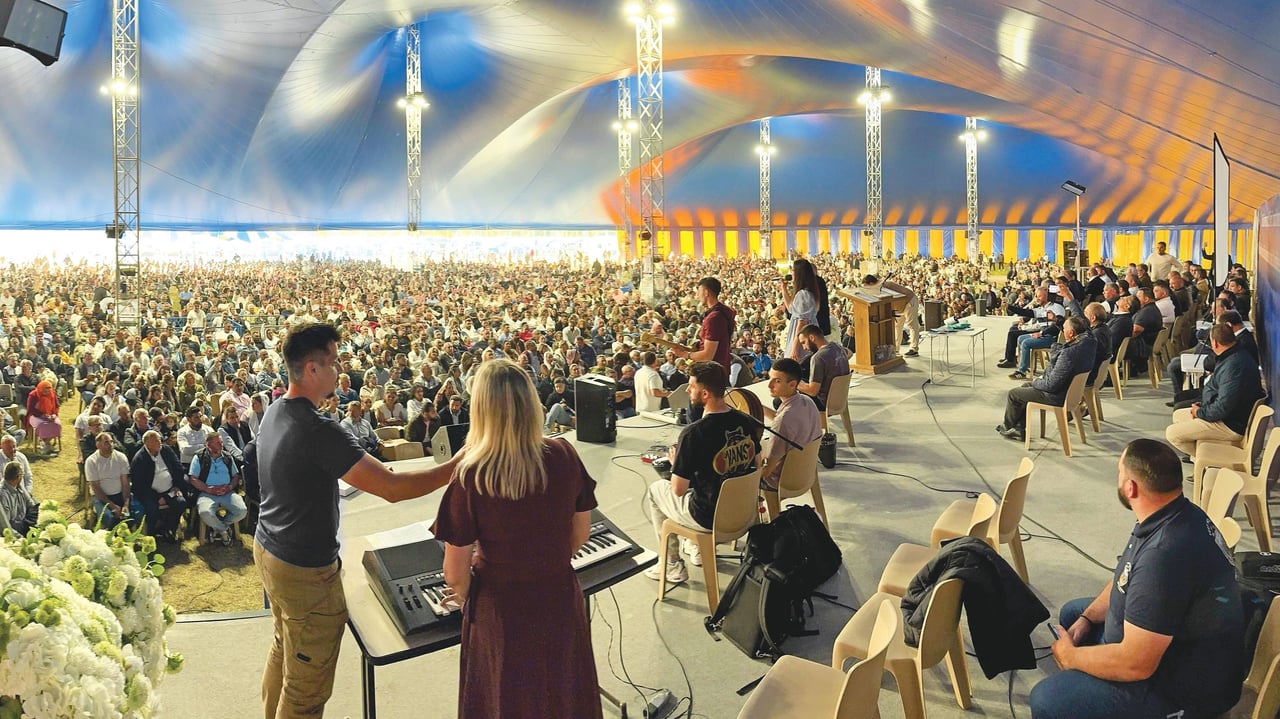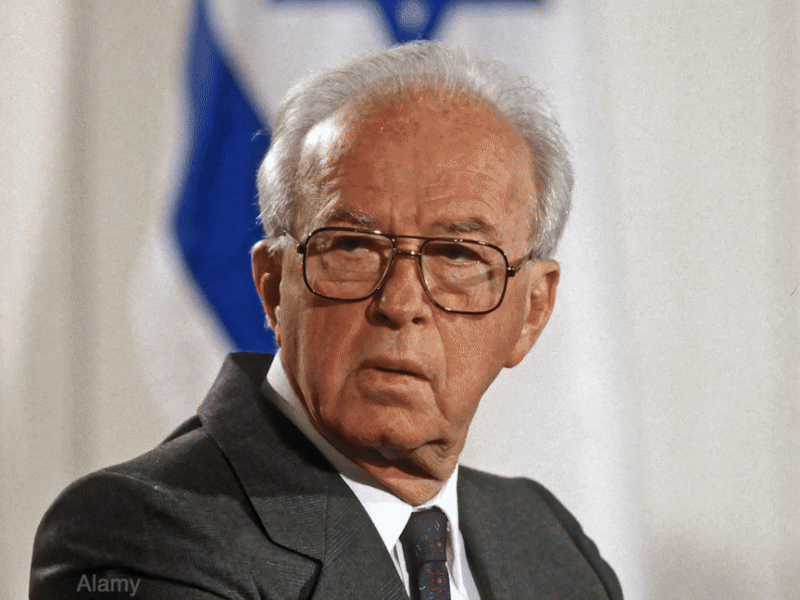
Leaders and Legacies
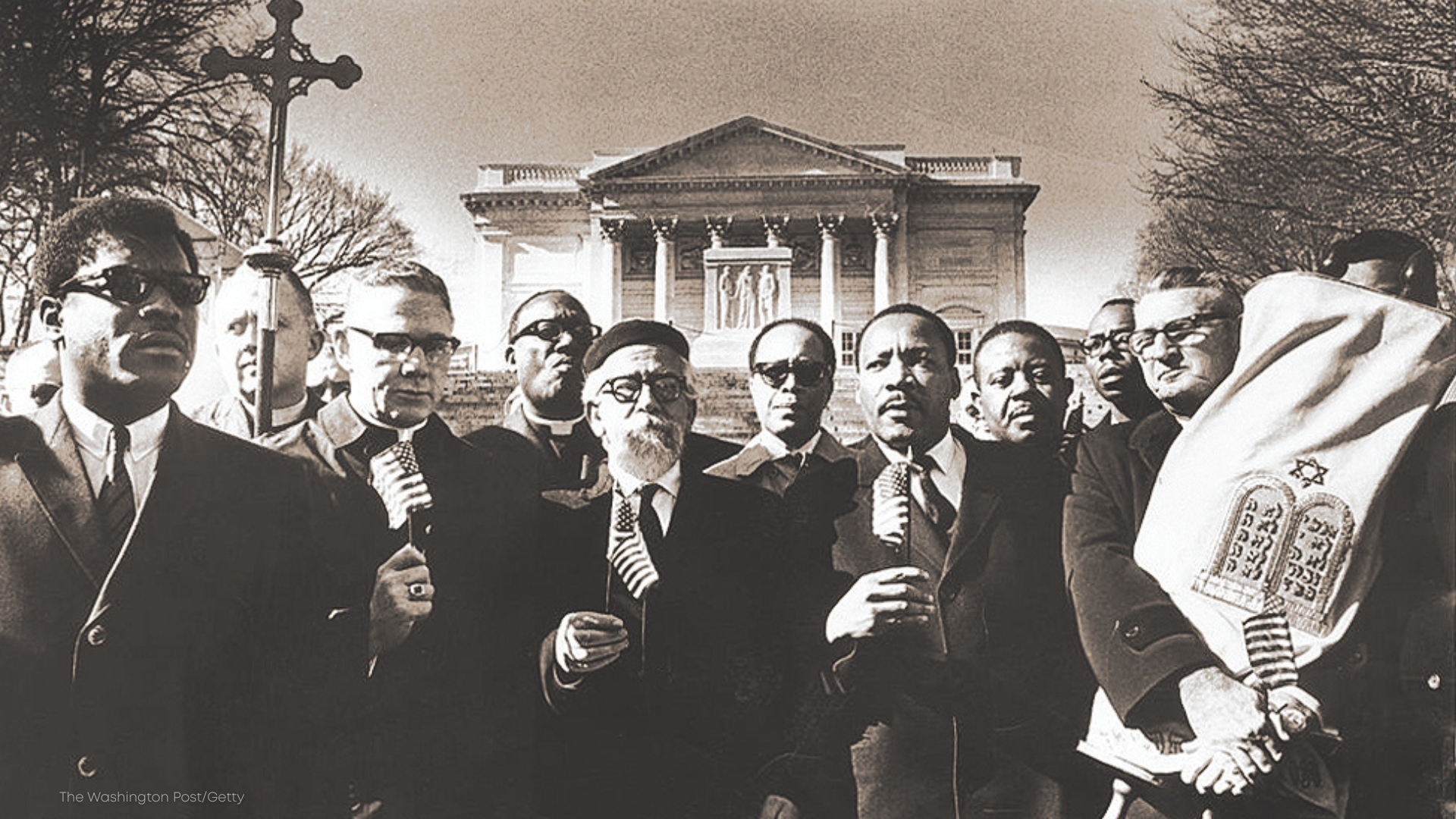
Dr. Martin Luther King, Jr.
Several years ago, my husband Kobi, who grew up in Selma, Alabama had an interesting encounter that seems uniquely appropriate for this time. He shared it in writing:
“Why are we studying Black History for an extra month?” I asked.
“I want to make sure you people all know and remember what happened!,” responded Mrs. Johnson, my 10th grade English teacher at Selma High School.
It worked. I actually know a lot about Martin Luther King Jr. and the civil rights movement because of her.
I was raised in Selma, which is notorious for its racial history. My sisters and I were the white minority in our high school. We lived next door to the mayor of the city and my father pioneered the first interracial church in this small, yet socially significant place.
As you’d expect, Mrs. Johnson highlighted many things including the life and assassination of MLK. There were, however, some things I was never taught. I learned one of these things years later when I was 30,000 feet in the air, on my way from Israel to visit my parents in Birmingham, AL.
I was reflecting on a message I had on my heart for African Americans. It was about the similarities I saw with the story of Joseph—how he had been wrongfully sold into slavery by his own kin and how that wrong worked to save not only his family who betrayed him, but all of Egypt. I was praying that what I had to share would indeed bring healing and freedom to black Americans like I hoped it would.
As if in response, I felt something so clear from the Lord in my spirit it startled me, “One of the reasons I brought the African to America was so they would be a blessing to Israel.” Almost the same instant I felt this, my eyes fell on an image of Dr. Martin Luther King Jr. in the seat pocket in front of me.
Simply seeing the picture of the person who most clearly represented radical, revolutionary, and cutting edge thought for the African American would have been enough. But since it was a 13-hour flight, I opened the Delta Sky Magazine and read a very interesting interview of Dr. King’s close associate and friend, Ambassador Andrew Young. Being a magazine about travel, Young shared about Dr. King’s extensive travel experience. At one point Young related a story of an historic trip planned for 1967, and the goal Dr. King had for planning it.
SKY: What did Martin Luther King Jr. mean when he referred to travel as a “pacifying force”?
ANDREW YOUNG (AY): He believed in travel as raising people’s cultural awareness and, in so doing, reducing their stereotypes and prejudices. “When you travel around the world and get to know people better, you are far less likely to go to war with them,” Dr. King would say.
SKY: Was he ever able to use travel for peacekeeping?
AY: One of the things MLK dreamed of doing was getting enough tourists together to go to Israel and Jordan. We signed up 5,000 people to go with him on a pilgrimage to the Holy Land in September 1967. Dr. King’s objective was to have a group so big that it couldn’t be entirely accommodated in either Israel or Jordan alone. He saw tourism as a way of helping people band together, and begin to cooperate—and it worked.
The Israel Tourist Board and the Jordanian Tourist Board agreed to build an amphitheater by the Sea of Galilee. They agreed to open the gates [at the border] to allow our people to go back and forth between the two countries. Martin Luther King Jr. and a choir were going to preach and sing from a boat in the Sea of Galilee.
SKY: What happened?
AY: The Six-Day War broke out in June 1967 between Israel and the Arab states of Egypt, Jordan and Syria. We could never get that group going again.1
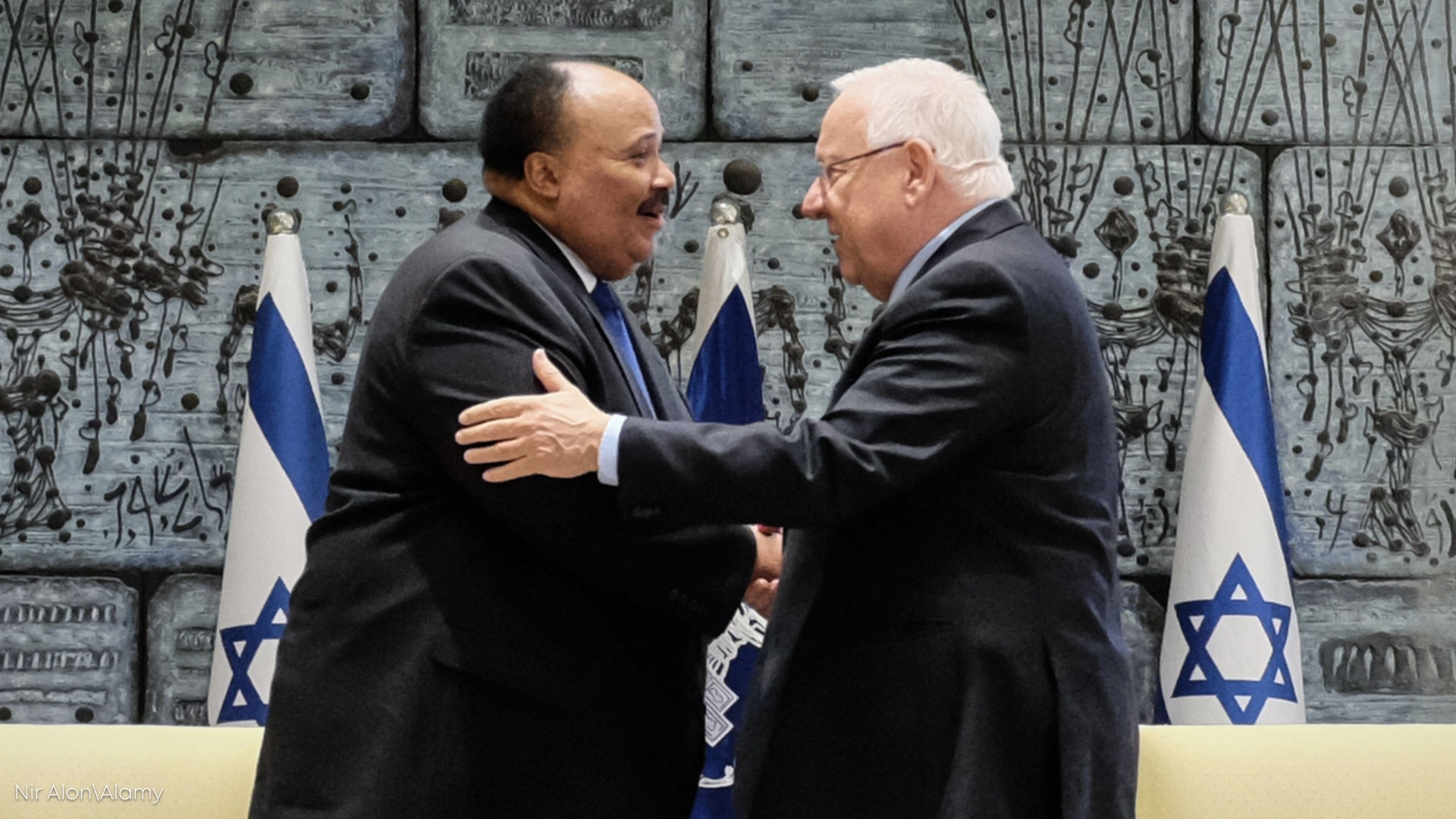
King’s mindset was groundbreaking for his time: After Alabama, there was Israel! The affection was mutual and Israel offered him unprecedented access to cross borders with a large envoy! Not only that, but MLK was given free access to speak about his faith—to the Jews! Unfortunately, the planned November trip ground to a halt when the Six Day War broke out in June. It was only six days, but it changed the landscape—literally.
The trip would need to be planned again—and before that could happen, MLK was assassinated.
Even after the war, Dr. King never waivered on Israel. In this first-hand account, Seymour Martin Lipset, at that time Professor of Government and Sociology at Harvard, shared:
“Shortly before he was assassinated, Martin Luther King, Jr. was in Boston on a fund-raising mission, and I had the good fortune to attend a dinner which was given for him in Cambridge. This was an experience which was at once fascinating and moving: one witnessed Dr. King in action in a way one never got to see in public. He wanted to find what the Negro students at Harvard and other parts of the Boston area were thinking about various issues, and he very subtly cross-examined them for well over an hour and a half. He asked questions, and said very little himself. One of the young men present happened to make some remark against the Zionists. Dr. King snapped at him and said, ‘Don’t talk like that! When people criticize Zionists, they mean Jews. You’re talking anti-Semitism!’ ” 2
The reason these testimonies are important is because of what happened after MLK. While many voices spoke up amidst the vacuum that was created, the new voices that gained traction hijacked MLK’s stance on Israel. By the time the next generation that hadn’t experienced Dr. King grew up, being black in America was virtually synonymous with anti-Israel sentiments.
If “The Man” (a term used by blacks to describe their oppressor) was white, “The Man behind the Man” was a Jew. Even the recent movie “Selma” designed to memorialize Dr. King’s legacy, made no mention of Jewish allies who walked arm in arm—and were arrested fighting for Black rights. Records of MLK’s fond ties with Jews were—well, whitewashed.
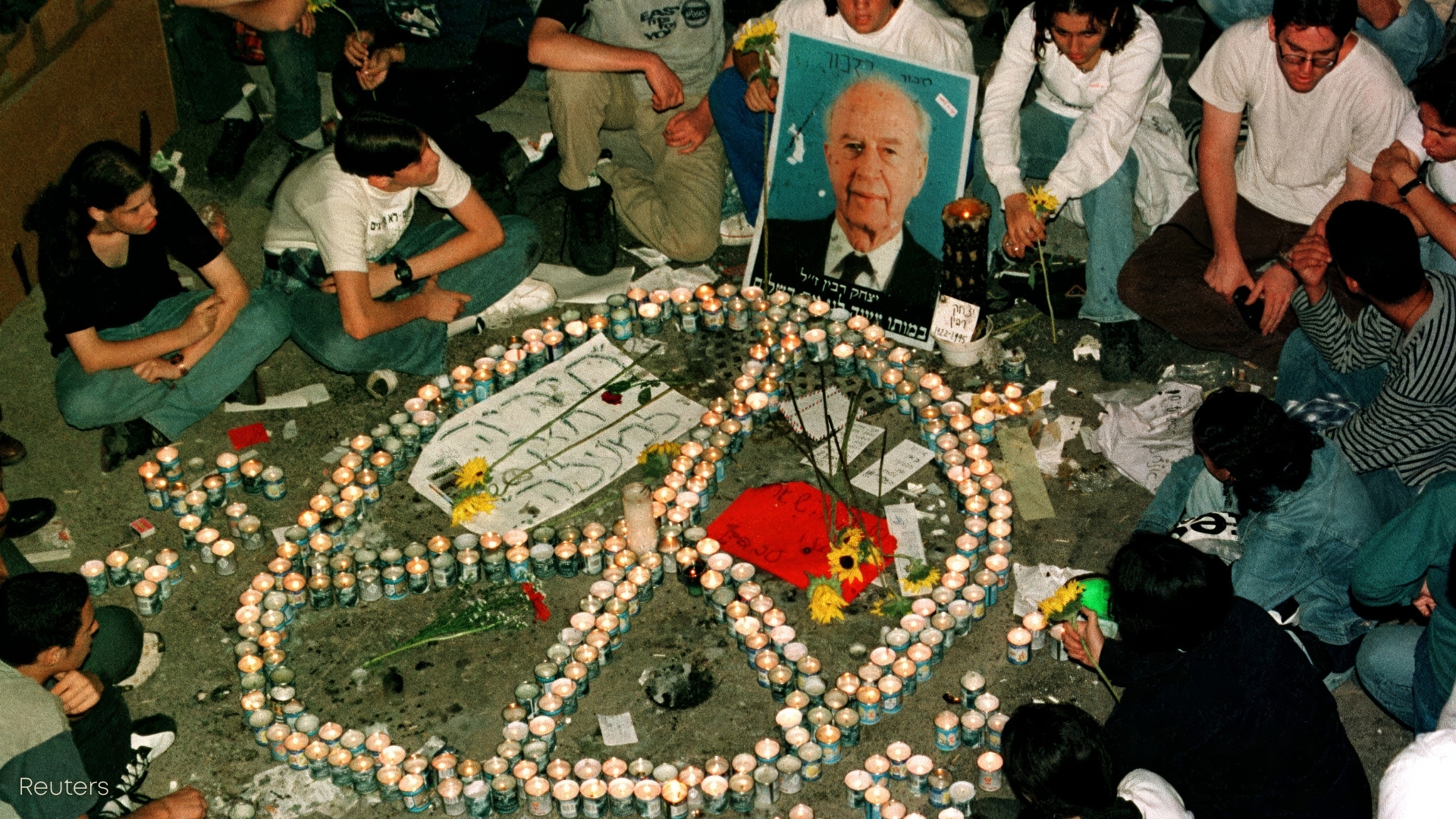
Prime Minister Yitzhak Rabin
I was 15 years old when Rabin was shot. Yitzhak Rabin was Israel’s prime minister. He leaned left in Israeli politics and stood for things many Israeli Messianic believers did not agree with. He signed onto the Oslo Accords (that have thus far proved disastrous for both Israelis and Palestinian Arabs alike) and was quoted as saying things like, “The Bible is not our guide.” In reality, he was not all that popular in the polls during his tenure.
Still, I was devastated when he was assassinated in 1995. Rabin was murdered by an unrepentant radicalized ultra-Orthodox Jew. As a nation we were used to arguing about our differences. But we were also surrounded by enemies who wanted to kill us. And so we would never help those enemies by killing one of our own. Ever. Until then.
Rabin’s death swept up the youth of my time. His dream of peace with our neighbors by giving Arabs autonomy and land became the desperate cry of my generation and affects Israeli politics to this day. It was only the attacks of October 7th that shook Israelis to the core, shattering Rabin’s dream for peace as they reconsidered the reality that we could never do enough to change our enemies. Our Islamist neighbors don’t want peace, they simply want us dead.
All this leads up to the most recent assassination…
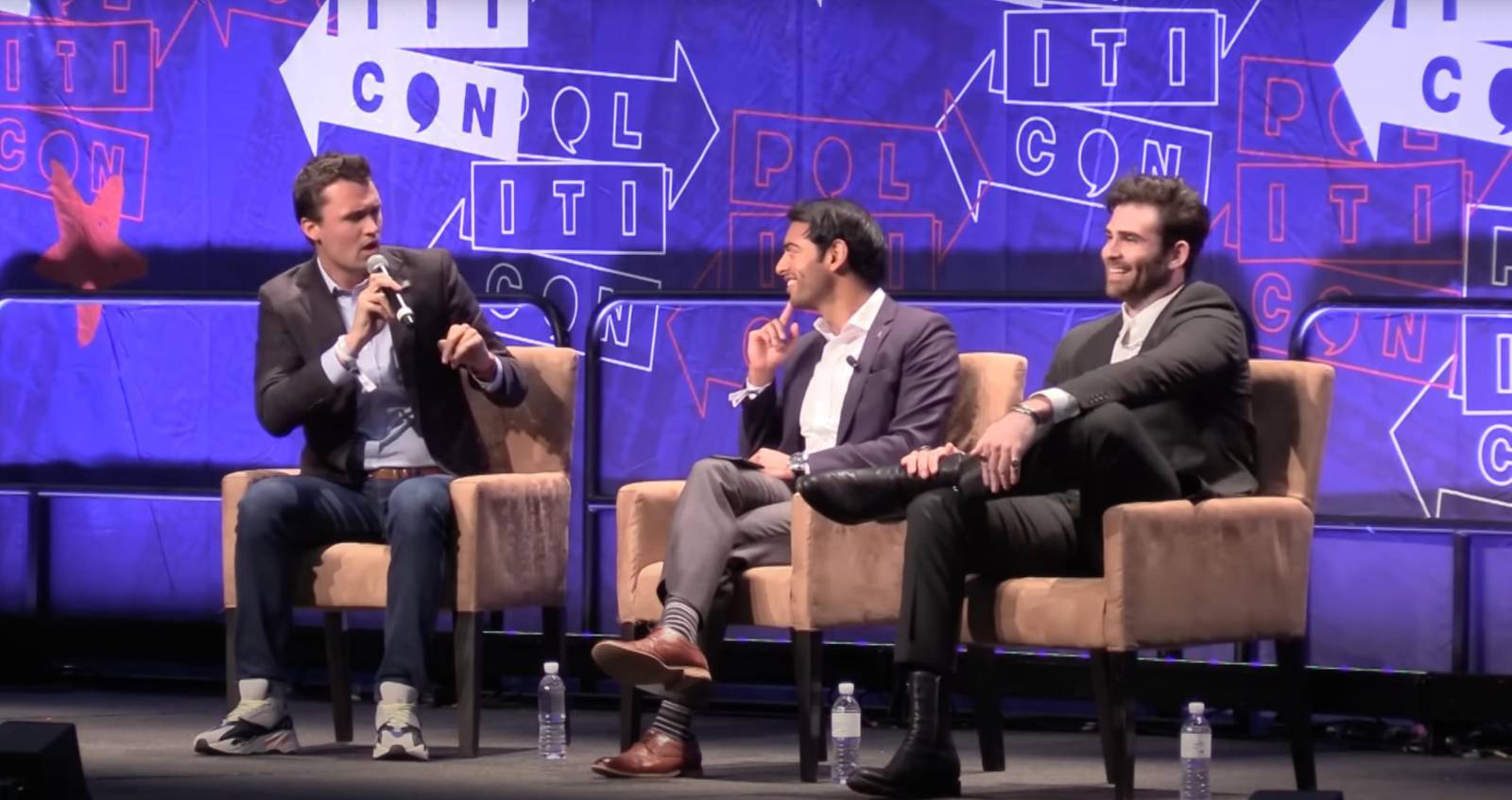
Charlie Kirk
It was only recently that Charlie Kirk fully hit my radar. We live in Israel after all. So, American colleges and domestic politics are not exactly something that hits Israeli news often—especially while we’re busy at war. In fact, when the news broke of his death all over the world, an embarrassingly small number of Israeli journalists had ever heard of Charlie. No real surprise since the media tends to surround itself with likeminded people and conservative Christians are on the opposite spectrum of liberal secular Israelis.
In recent years, I had seen a few of his early “Prove Me Wrong” videos when he was just getting started on college campuses and found them clever, though I still didn’t realize who Charlie was. But a month or two ago someone sent me a clip of Charlie Kirk talking to an Israeli student who was asking for advice on how to proceed after he was threatened with murder by pro-Palestinians on his college campus. He had reported the incident but said the dean and campus police basically shrugged it off. Charlie told the young Israeli to bulk up at the gym, learn self defense and carry bear spray because no one was going to protect him. “We’ll defend you,” he said, “but it’s hunting season for Jews, and that’s a sick thing.”
I was mesmerized. He understood the situation.
My fascination wasn’t simply that Charlie supported Israel. Thankfully, many ministers have spoken up beautifully for Israel’s right to defend itself! But it was how he explained his support for Israel that struck me. He didn’t offer a blanket “because the Bible tells me so” support.
Charlie presented an absolute commitment to Israel as a Christian, while observing that not everything Israel does is perfect. And still, regardless of that understood imperfection—there was no wavering in his support of Israel. His support was an ‘I love you and I’d like to challenge some of your decisions as a nation.’ (Israel’s enthusiastic support of abortion and gender education was one of those things.) Charlie had taken time to understand what he believed and he wanted others to understand as well—so they wouldn’t be swayed by emotional news and propaganda.
I wanted to hear more from this man. Apparently, this was how he approached everything. No theology or denomination or political party had a free ride in his book. He would test everything, explore everything. And always consider that the next conversation with a stranger could teach him something new and change his opinion.
And Then...
It was only a few weeks ago that I started listening to something from Charlie almost daily. The college debates were the most fascinating. Some of the young people would stand and scream their arguments at him. Charlie apparently liked to ask for people who disagreed with him to come up first—and come up they did. I couldn’t help but think, “I wonder if these kids have any other adult that will sit and listen to them bare themselves like this?” So many authority figures—from schoolteachers to youth pastors—only offer their truth without explanation. Any further inquiries are usually answered with “because I said so.”
Charlie would walk young people through his thought process like a father would hold the hand of his wobbly toddler. Somehow, he managed to be respectful and even encouraging while challenging another’s opinion. He would even calm opposing voices in the crowds so the challenger wouldn’t be too intimidated to be honest. And I think that was more of what he was teaching the masses than the mere topic of debate. It didn’t even matter to me if I agreed with him 100% on everything. Healthy communication solves more problems than mere topic agreement. Perhaps this is why young people who supposedly hated him for his beliefs simultaneously gravitated to this persona of a loving, patient, older brother.
It was the middle of the night in Israel when I woke up and read my oldest daughter’s text “Charlie Kirk was shot. He died. ”
I couldn’t wrap my mind around the idea. He couldn’t be dead. I had just discovered him. He had so many more young people to reach. I had heard he was coming to Israel soon. I had follow-up questions I wanted to ask about things he said. He had such a unique blend of leadership qualities that are scarce in the Body of believers. He knew how to befriend people who vehemently disagreed with him. He advocated strongly for the need for fathers in the home. He himself had these two cute kids to raise… and he and Erika had wanted a big family…
As Israelis, we’re no strangers to sudden, unexpected, unjustifiable deaths. It’s a significant part of our history and current life. And we know better than to shake our fists at God for these awful moments. But I felt strangely orphaned by a man I didn’t know existed a few months ago.
He had this child-like approach to life. “Go, fall in love, get married, have children, build a family and be happy!,” he would say. And when he did, I realized how much marriage and children are regularly reviled and ridiculed in our culture as a burden and bad choice, when in fact it is the purest form of “the American dream” and the first thing God told Adam and Eve to do.
Charlie was this rare role model type of person. The kind you look at and say, I can pursue God even harder. I can be a better version of myself. I knew if I was thinking this, so were many others. For days I saw people walking around with that deep sense of loss. Then Charlie’s wife Erika stepped on that stage in front of a full auditorium and 100 million online viewers and all I could think was, “Wow, Charlie married the right person!” I told my kids as we watched the memorial from Jerusalem, “You will probably barely remember the details of today when you’re older, but you will definitely tell your kids about this historic event. This whole thing is the beginning of something big.”
There is something incredibly powerful about the martyrdom of an innocent man. When I saw the altar call with thousands of people standing up at Charlie’s memorial service to publicly choose to follow Yeshua —the strangest feeling struck me. This was a spiritual hostage exchange. And the amount of people the kingdom of darkness would have to release for taking the life of Charlie Kirk was massive.
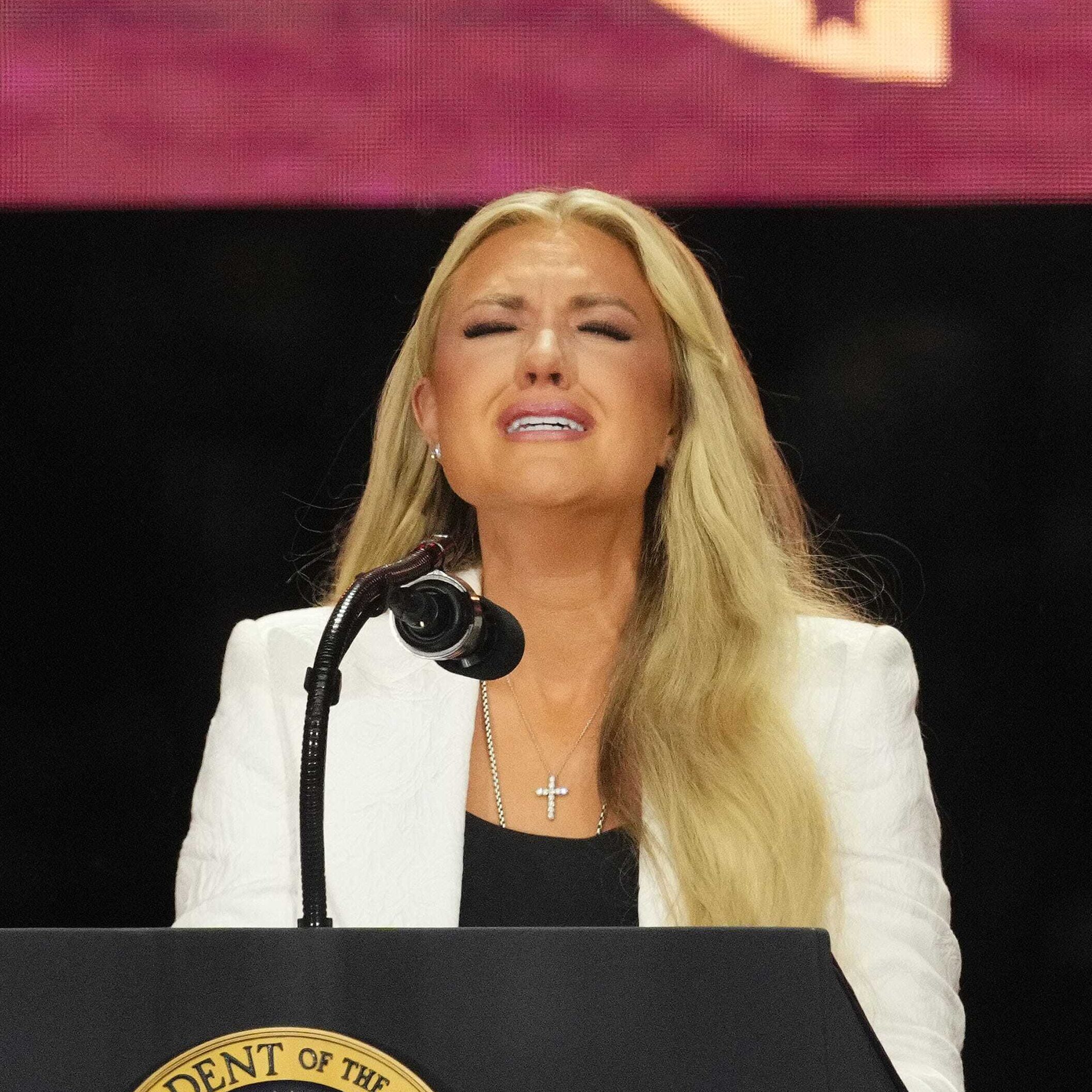
Legacy
As the intense outpouring of grief and affection spreads around the world, two things are clearly going to happen if history holds true. First, when someone is loved this deeply, he will be hated by others just as intensely and so great effort will be put into damaging his legacy. Second, as with Dr. King, those who are sworn enemies of Jews around the world will try and neutralize Charlie’s voice in defense of Israel.
Already campaigns are being pushed on social media with edited clips trying to say Charlie was changing his opinion on a number of things including Israel, and even accused Israel of being behind his assassination because “Charlie had uncovered something big...”
It’s a surreal thing to live in a world where people can look at the same thing and half will call it good and the other half will call it evil. It’s even harder when this divide comes between people you love and respect. Nevertheless, it has been encouraging to see leaders, who oppose everything Charlie believed in, speak highly of his decency and desire to see more open discussions between opponents. And so as of now, Charlie will be remembered for his faith in Yeshua and his passion for conversations.
So, if there is any silver lining to this human tragedy in which a widow must now raise her fatherless children, it is that this event may birth a new Western world. A West in which we don’t merely allow free speech, but consider the free exchange of ideas a crucial ingredient for a free and healthy society.
Who knew that just convincing people to talk to each other could change the world.

Stand With Israel’s Believers
Maoz Israel is bringing Yeshua’s truth to every corner of the Land. Your donation equips believers and reaches the lost—be a part of this eternal work today.


